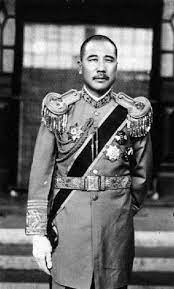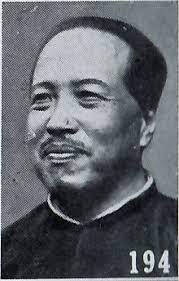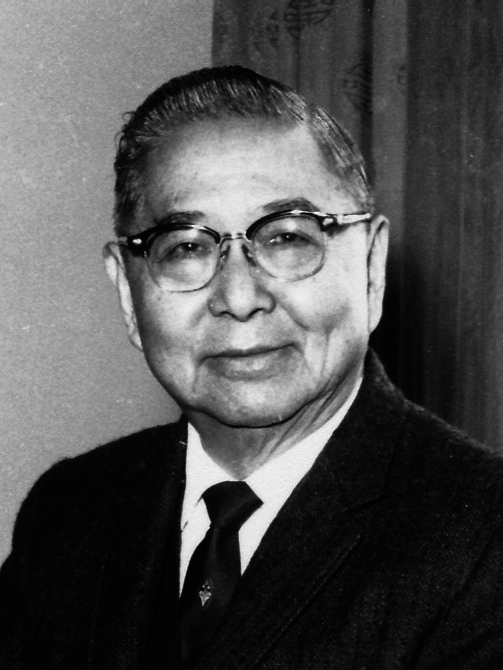Chou Fo-hai 周佛海 Chou Fo-hai (1897-February 1948), helped to establish the Chinese Communist party, but resigned from it in 1924. He became the most widely read theoretical writer of the Kuomintang and served Chiang Kai-shek for many years, eventually becoming acting director of the Kuomintang department of propaganda. He also edited the New Life Monthly […]








